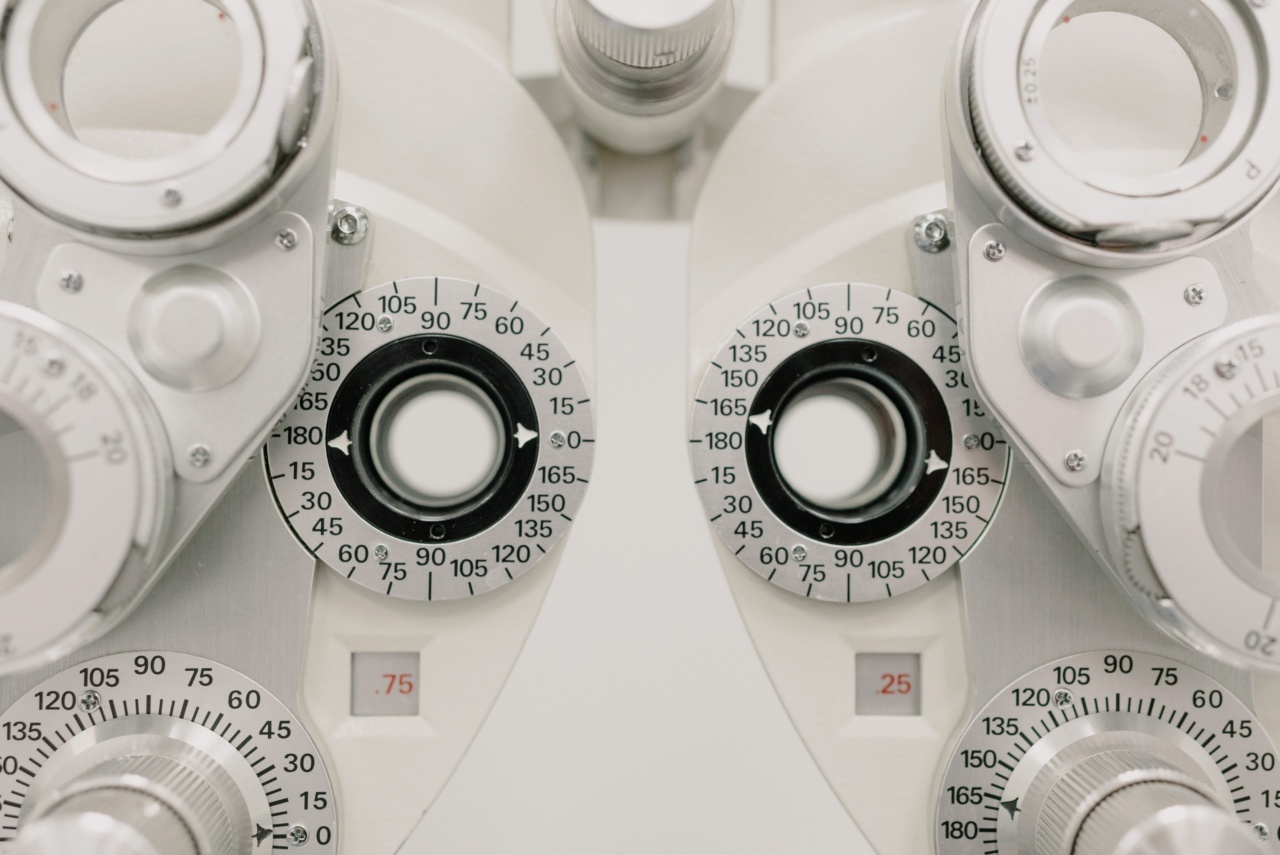A healthy diet is essential for maintaining good health, energy levels, and weight. However, as we age, our dietary needs change, which requires us to adjust our diets accordingly.
The question then becomes, how often should we adjust our diet? Here, we’ll explore the factors that impact how often you should adjust your diet and provide you with some helpful advice to ensure you stay healthy and fit.
Factors That Influence the Frequency of Diet Adjustments
Several factors influence how often you should adjust your diet, including:.
Age
As mentioned, dietary needs change as we age. Younger people need more energy-dense foods than older adults, who require fewer calories. As such, the frequency of changes to your diet will be higher when you’re young than when you’re older.
Gender
Women and men have different dietary needs based on their hormonal differences. Women require more iron than men due to menstruation. Additionally, men need more testosterone, which means they need to eat more protein than women.
Therefore, dietary adjustments for men and women can be different.
Health status
If you have a health condition such as diabetes or high blood pressure, you will need to monitor your diet more frequently than someone without a health issue. You may need to adjust your diet to manage your symptoms or prevent further complications.
Lifestyle
Your daily routine and physical activities impact your dietary needs. If you’re an athlete or work a physically demanding job, you’ll need more energy-dense foods to fuel your body.
On the other hand, if you lead a sedentary life, you’ll need fewer calories to maintain good health.
How Often Should You Adjust Your Diet?
Depending on the factors above, you may need to adjust your diet more or less frequently.
As a general rule, you should adjust your diet every five years or when significant changes occur in your life, such as changes in your health, activity level, or age.
Age
If you’re under the age of 18, your diet will need to adjust more frequently. Children grow and go through many changes. They require more calories and nutrients to support these changes.
Therefore, children’s diets need more adjustments than those of adults.
However, once you’re an adult, you don’t need to adjust your diet as frequently, unless you experience a significant change in your lifestyle, health, or dietary needs.
Health Status
If you have a health condition, you may need to adjust your diet more frequently. For instance, if you have diabetes, you may need to adjust your carbohydrate intake more often to manage your blood sugar levels.
Similarly, if you have high blood pressure, you may need to adjust your diet to reduce your sodium intake.
As a general rule, you should consult with your healthcare provider to determine how often you’ll need to adjust your diet based on your health condition.
Lifestyle Changes
If you experience a significant change in your lifestyle, such as a new job, a new home, or increased physical activity, you may need to adjust your diet to ensure you’re getting enough nutrients and energy-dense foods to support your new lifestyle.
Tips for Adjusting Your Diet
When it’s time to adjust your diet, keep these tips in mind:.
Start Small
Don’t make drastic changes to your diet all at once. Instead, make small changes to start, such as replacing sugary drinks with water or adding a serving of vegetables to your meals.
Track Your Meals
Keep a food diary to track your meals and monitor changes in your diet. Use an app or a notebook to record what you eat, the time you eat, and the portion size.
Consult with a Dietician
If you’re unsure about how to adjust your diet or need additional guidance, consult a dietician. They can help you create a personalized meal plan based on your dietary needs and lifestyle.
Stay Consistent
Consistency is key when adjusting your diet. Stick to your meal plan, and avoid skipping meals or snacks. Stick to a regular eating schedule so that your body knows when to expect food.
Conclusion
In conclusion, the frequency of diet adjustments varies based on your age, gender, health status, and lifestyle. However, a good general rule of thumb is to adjust your diet every five years or when significant changes occur in your life.
By following these tips and listening to your body’s signals, you can adjust your diet to ensure you’re getting the nutrients you need and maintaining good health.





























